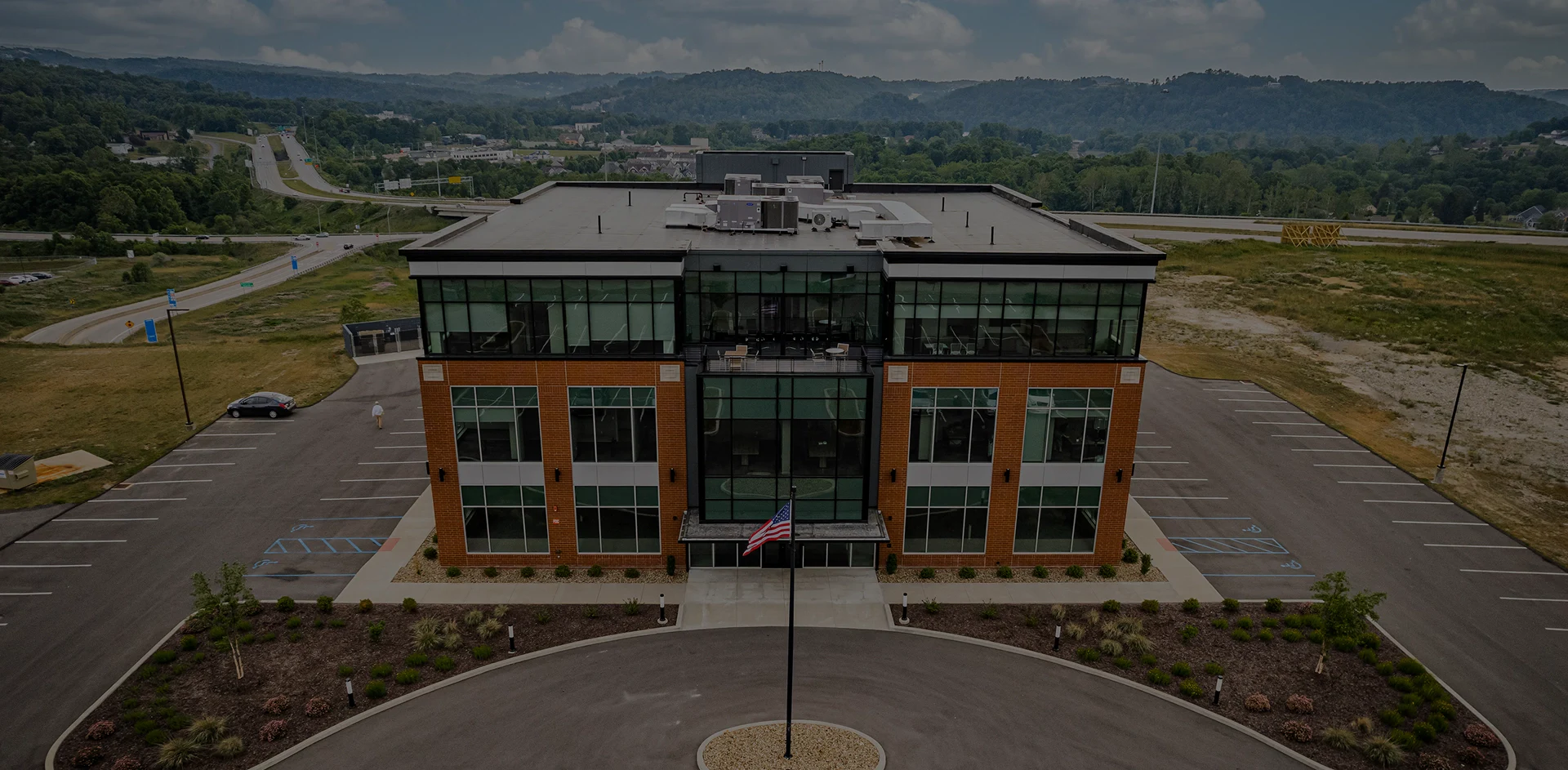Table of Contents
It is a dilemma many of us will face at some point: what to do about our aging mom, dad, or other loved one? We place our trust in skilled nursing facilities, personal care homes, and assisted living centers to provide the care required by our aging loved ones. Unfortunately, that trust is all too often betrayed.
At Desai Law, PLLC, our Morgantown nursing home abuse and neglect lawyers have litigated nursing home abuse and neglect cases since 2007. We have seen many kind, capable and caring nursing home staff members who go above and beyond to ensure the wellbeing of the residents in their care. Unfortunately, we have also seen greedy nursing home chains put these caregivers in the impossible task of allocated too few employees and too few supplies among too many patients. Lately, they have been abetted by state legislators like West Virginia Senator Charles Trump who are intent on enabling corporate profiteers to escape liability for their actions.
![]()
At Desai Law, PLLC, our lawyers fight every day for the rights of Morgantown nursing home abuse and neglect victims and their families. If you believe your loved one has been injured or killed due to the negligence of a nursing facility, assisted living center, or personal care home, call or text 304-974-1974 or contact us today for a free consultation.
Five Common Signs of Morgantown Nursing Home Abuse and Neglect

- Bedsores. While some wounds, such as the Kennedy Ulcer, are not preventable, most wounds are. If your loved one develops bed sores or pressure ulcers on their rear (coccyx), heels, elbows, or other pressure point, it is often a sign of inadequate care.
- Dehydration. As we get older, the sense of thirst, even in someone who is otherwise healthy, diminishes. This effect is exacerbated by dementia and the consequences magnified by underlying health conditions like diabetes and kidney disease. Elderly residents rely on their caregivers to provide and encourage adequate hydration. Dehydration is most often detected by abnormal lab values, particularly BUN (blood urea nitrogen) and creatinine. More visible signs to look for are reduced or less frequent urination, dry skin or mouth, and increased confusion. If your loved one is dehydrated, it may be a sign of abuse or neglect.
- Falls. Nursing homes must appropriately assess a resident’s fall risk and ensure that proper safeguards, such as bed alarms, mattress pads, and low beds, are in place to prevent or mitigate the effects of falls. While not all falls are preventable, if your loved one has suffered a serious fall with resulting injury, it is often a sign of neglect.
- Death. Our loved ones are entitled to live out their golden years with dignity and for as long as their health permits. Unexplained or hastened death may be a sign of nursing home abuse or neglect.
- Medication errors. In the U.S. alone, over 800,000 medication-related injuries occur every year. Physicians may fail to relay an order to the facility or a nurse may neglect to give the medication. We have even seen instances where facility staff intentionally take residents’ opioids or benzodiazepines for their own use or resale. Medication errors resulting in injury are a sure sign of negligence or abuse in the nursing home setting.
Two Remedies for Morgantown Nursing Home Abuse and Neglect

- Civil lawsuit. This is where we come in. Our lawyers are experienced Morgantown nursing home abuse litigators. If we prove nursing home abuse or neglect, we can recover any medical expenses, funeral expenses, lost income, pain and suffering, loss of enjoyment of life, and loss of companionship suffered by the victim, or their family. In instances where the nursing home has acted recklessly or maliciously, we can also seek punitive damages, designed to punish the defendant. If you believe your loved one is the victim of nursing home abuse or neglect, call or text 304-974-1974 or contact us for a free consultation.
- Government investigation. In every state, an agency licenses and inspects nursing homes and ensures that the care provided is in line with state and federal standards. If you suspect nursing home abuse, call the appropriate agency in your state, and file a formal complaint. The contact information for the appropriate agency in each of the jurisdictions we practice in is listed below.
- D.C. Health Regulation and Licensing Administration
899 N. Capitol St. NE
Second Floor
Washington, DC 20002
877-672-2174
https://dchealth.dc.gov/service/file-complaint-health percent20prof
- Maryland Department of Health, Long Term Care Unit
201 W. Preston St.
Baltimore, MD 21201
877-402-8219
https://health.maryland.gov/ohcq/ltc/Pages/home.aspx
- Ohio Department of Health, Bureau of Survey & Certification (BOSC)
246 N. High St.
Columbus, OH 43215
1-800-342-0553
- Pennsylvania Department of Health, Quality Assurance
625 Forster St., 8th Fl. West
Harrisburg, PA 17120
717-783-1078
https://www.health.pa.gov/topics/facilities/Pages/Facilities-Licensing.aspx
- West Virginia Office of Health Facility Licensure & Certification (OHFLAC)
408 Leon Sullivan Way
Charleston, WV 25301
304-558-0050
Practice Areas

